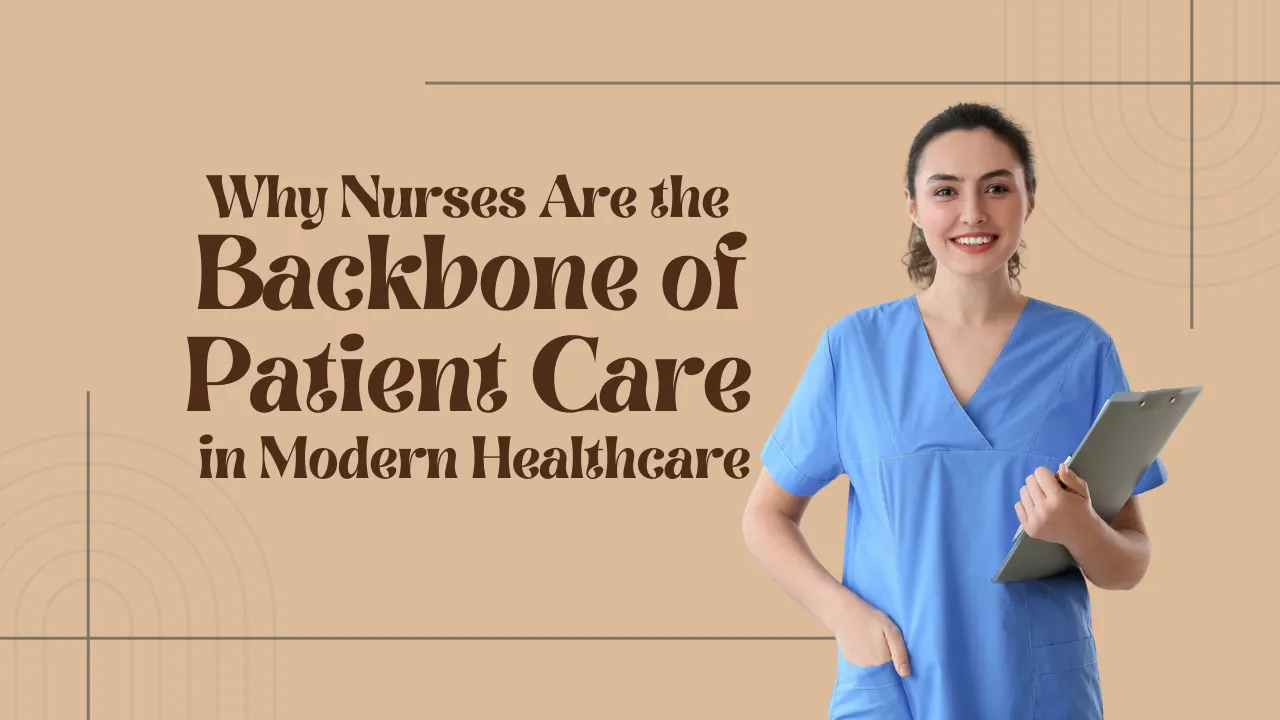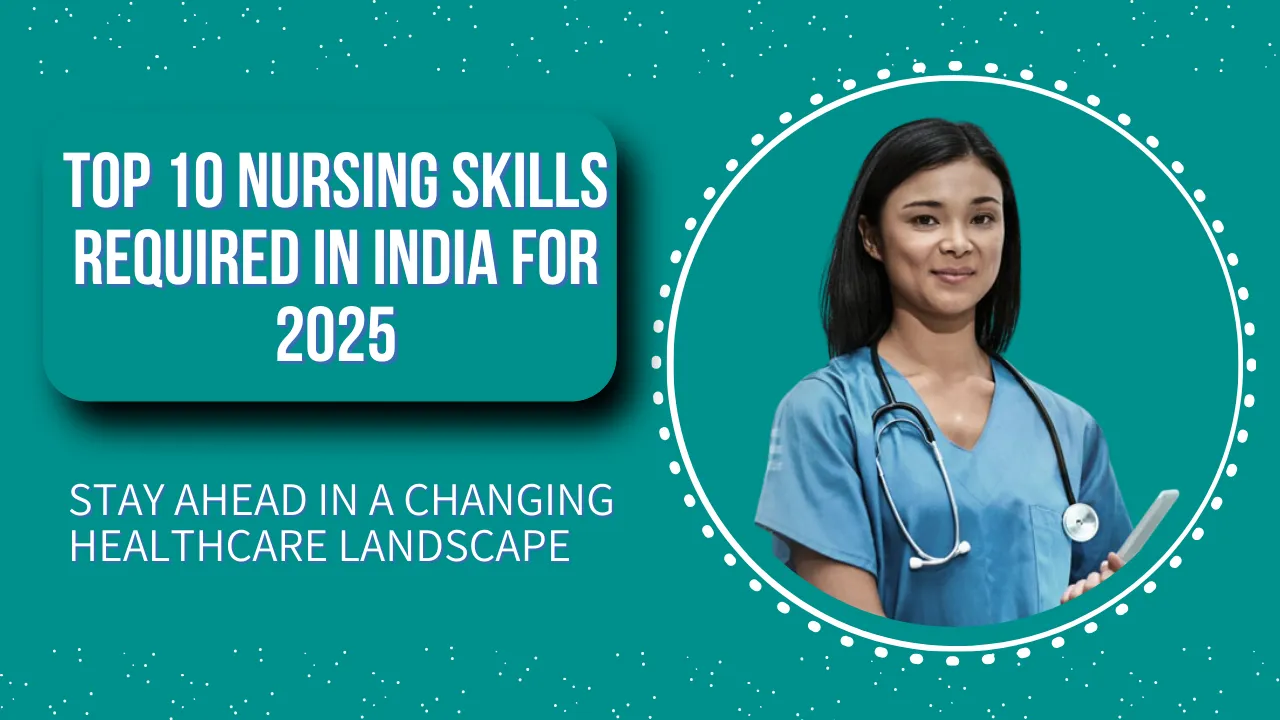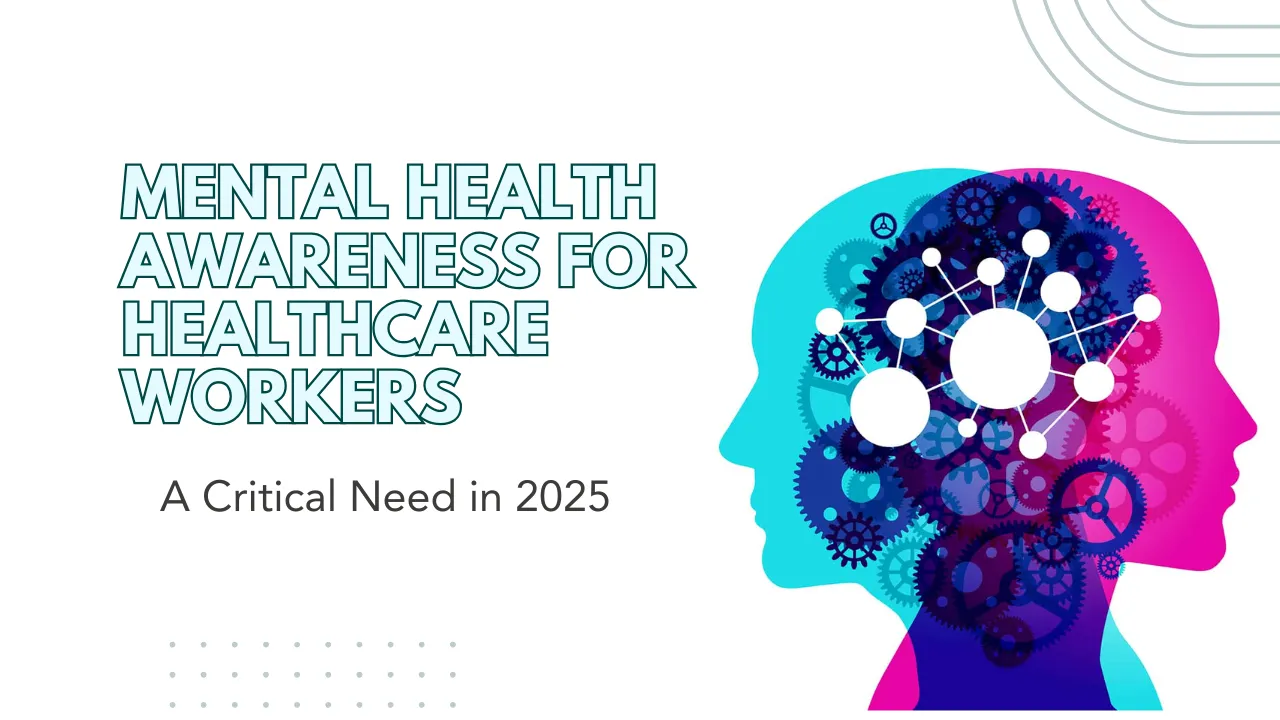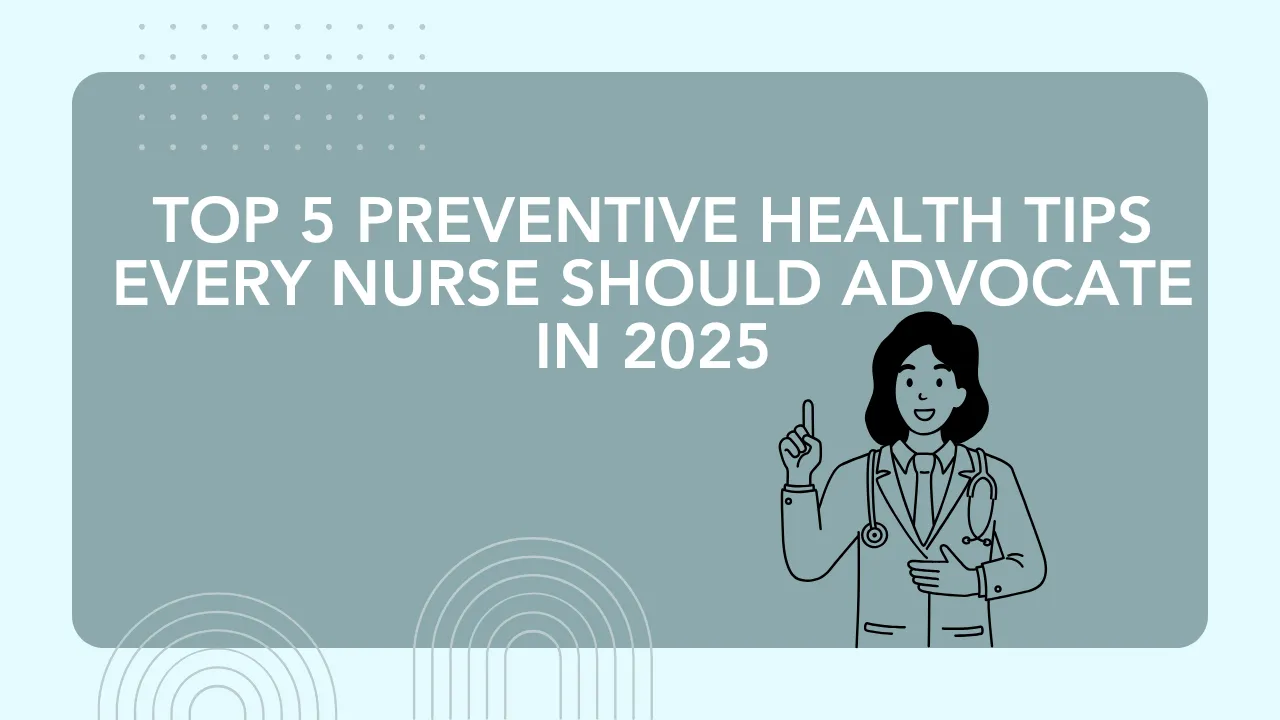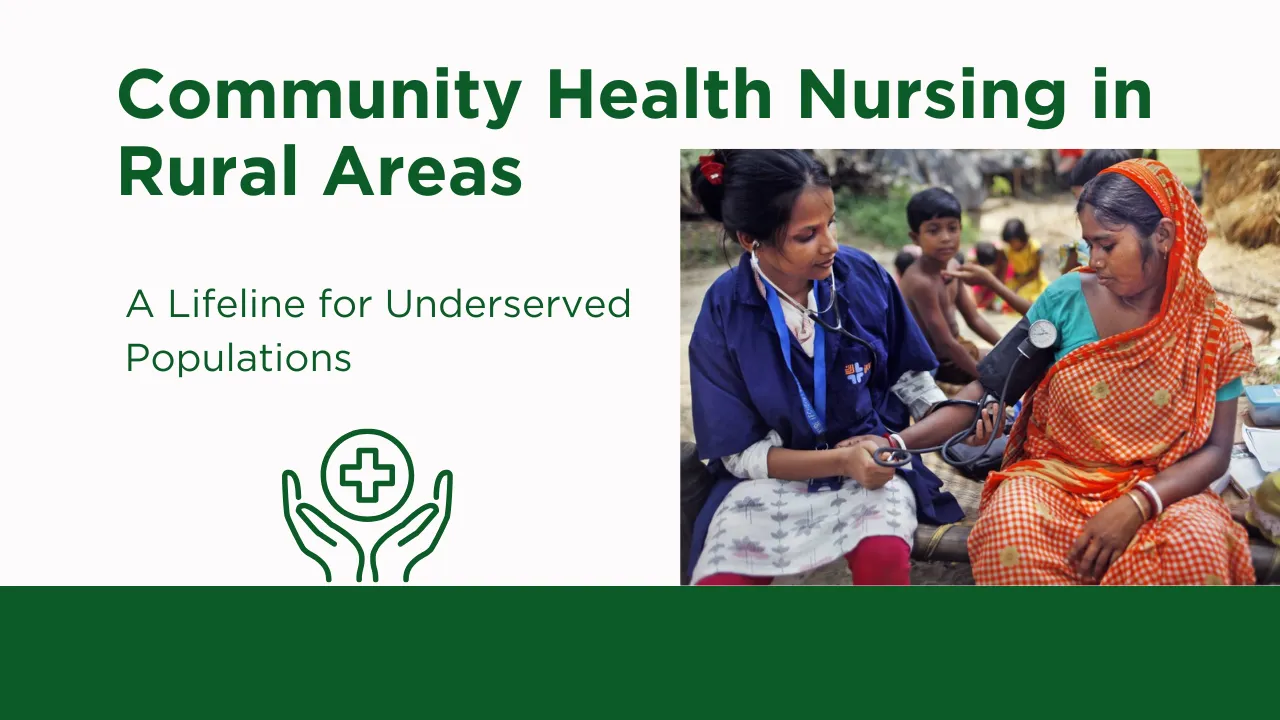Importance of Nursing in Modern Healthcare: In today’s complex and rapidly evolving healthcare systems, the role of the nurse has never been more essential. From bedside care to policy-making, from managing advanced technologies to advocating for patient rights, nurses are the pillars upon which effective and compassionate healthcare stands.
Understanding the importance of nursing in modern healthcare helps us appreciate their contribution not just as caregivers, but as educators, leaders, and agents of change.
Why Nursing Is Crucial in Modern Healthcare
The importance of nursing in modern healthcare goes far beyond traditional caregiving. Nurses form the largest segment of the healthcare workforce, and their responsibilities have expanded in scope, impact, and visibility. Here’s how:
1. Direct Patient Care and Continuous Monitoring
Nurses are the constant presence in a patient’s healthcare journey. They provide vital services such as administering medications, monitoring vital signs, assisting with treatments, and supporting patients with daily care needs. Their hands-on involvement means they are often the first to detect changes in a patient’s condition, enabling timely interventions that can save lives.
2. Educating and Empowering Patients
Patient education is one of the cornerstones of modern nursing. Nurses teach patients about managing their conditions, understanding medications, and adopting healthier lifestyles. By empowering patients and their families with knowledge, nurses encourage better self-care, which leads to improved treatment outcomes and fewer hospital readmissions.
3. Coordinating Care Across Teams
Nurses serve as the communication bridge between various healthcare professionals—doctors, therapists, social workers, and support staff. Their role in coordinating care ensures that the patient receives a seamless, well-rounded experience. This holistic coordination is critical in today’s multidisciplinary healthcare approach.
4. Advocating for Patients
Often, patients are in vulnerable situations where they may not be able to speak for themselves. Nurses advocate for their patients’ rights and preferences, making sure care decisions align with their values and needs. This advocacy is particularly important in situations involving ethical dilemmas, end-of-life care, or communication barriers.
5. Promoting Public Health and Preventing Disease
Nurses extend their impact beyond hospital walls. They actively participate in community outreach, conduct health screenings, provide immunizations, and educate the public about disease prevention. Their work in primary and preventive care is crucial for reducing the burden of disease at a population level.
6. Providing Emotional and Psychological Support
Healthcare isn’t only about physical healing. Nurses often play the role of counselors, offering comfort and support during some of the most emotionally challenging moments of a person’s life—whether it’s during a diagnosis, surgery, recovery, or loss. Their compassion and presence bring immense relief to both patients and families.
7. Integrating Evidence-Based Practice
Modern nursing is rooted in science. Nurses are trained to apply evidence-based practices in their daily work, ensuring that care decisions are backed by the latest clinical research. This approach not only enhances patient outcomes but also improves healthcare efficiency and safety.
8. Adapting to Modern Technology
Today’s nurses are expected to be technologically proficient. They manage Electronic Health Records (EHRs), use telemedicine platforms, monitor patients using digital devices, and understand healthcare software systems. These tools enhance accuracy, improve patient monitoring, and streamline administrative tasks, allowing for better-informed clinical decisions.
9. Leading Change and Driving Healthcare Improvements
Nurses often assume leadership roles in clinical and administrative settings. They manage departments, develop care protocols, implement safety measures, and lead quality improvement initiatives. With higher education and specialization, nurses also take on roles such as Nurse Practitioners or Nurse Educators, contributing to both care delivery and workforce development.
10. Ensuring Patient Safety
Patient safety is a top priority in healthcare, and nurses are the frontline defenders of it. Through proper documentation, attention to detail, adherence to protocols, and proactive care, nurses help prevent errors, infections, and complications. Their vigilance is key to building trust and reducing risks in any healthcare facility.
The Expanding Influence of Nurses
The demand for highly skilled, well-trained nurses is only expected to grow. As chronic diseases rise and patient populations become more complex, healthcare systems increasingly rely on nurses for both primary and specialized care. The COVID-19 pandemic has further highlighted the resilience, expertise, and commitment of the nursing profession.
In the future, nurses will continue to play central roles in:
- Healthcare innovation
- Telehealth expansion
- Mental health support
- Policy development
- Global health initiatives
Conclusion
The importance of nursing in modern healthcare is undeniable. Nurses are not just care providers; they are educators, advocates, collaborators, and leaders. They bring compassion into science and humanity into healthcare. Their influence spans every corner of the healthcare system, and as medicine advances, so too will the impact of nursing.
Investing in nursing education, respecting their contributions, and supporting their professional growth is not just good policy—it’s essential for the future of health worldwide.





